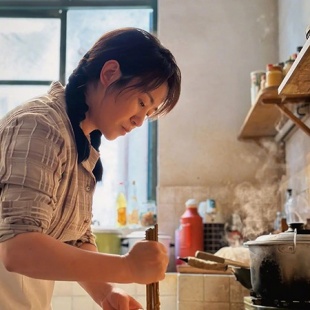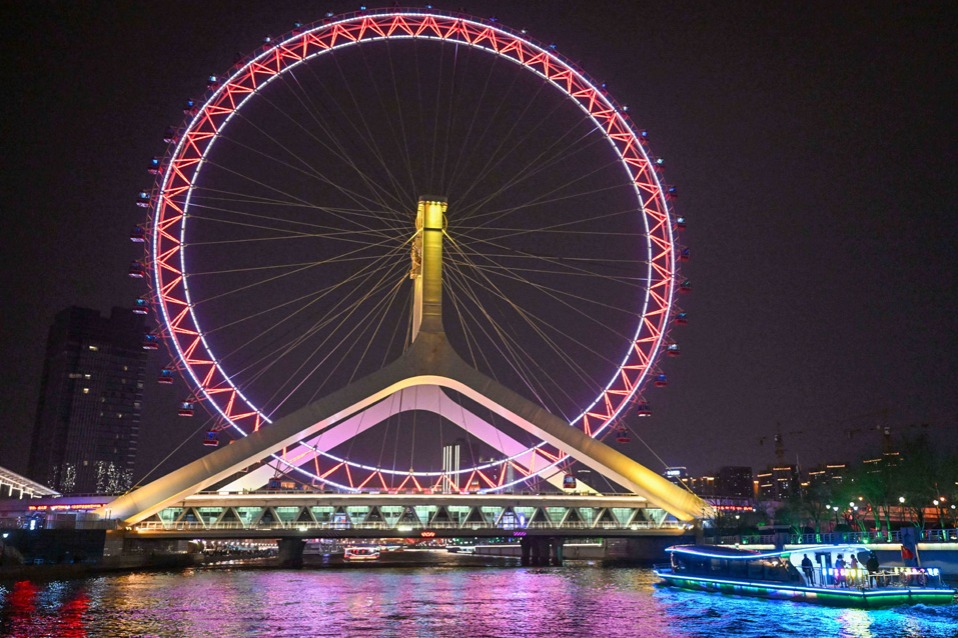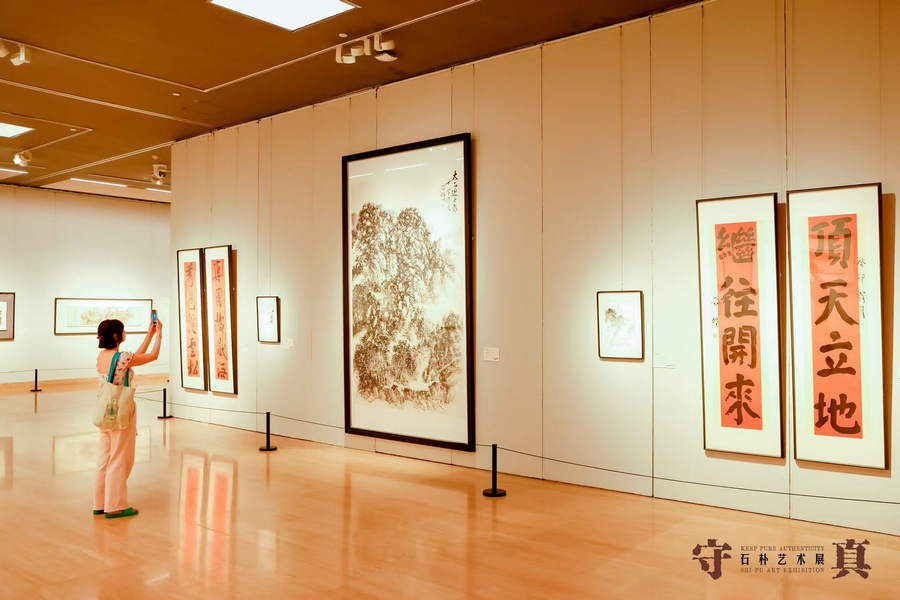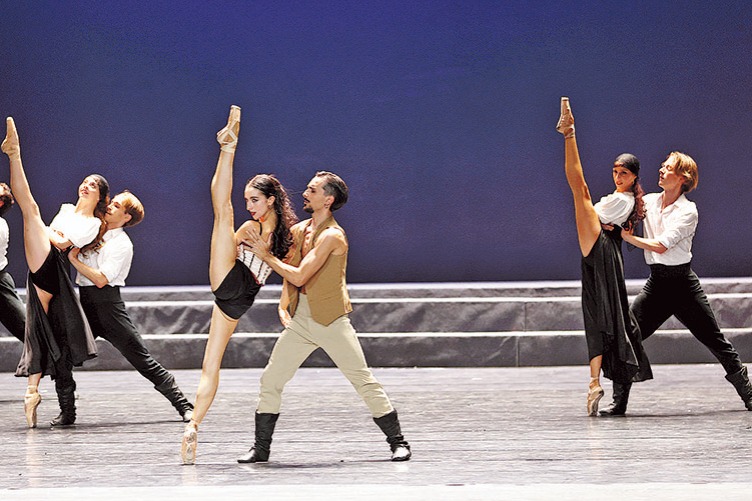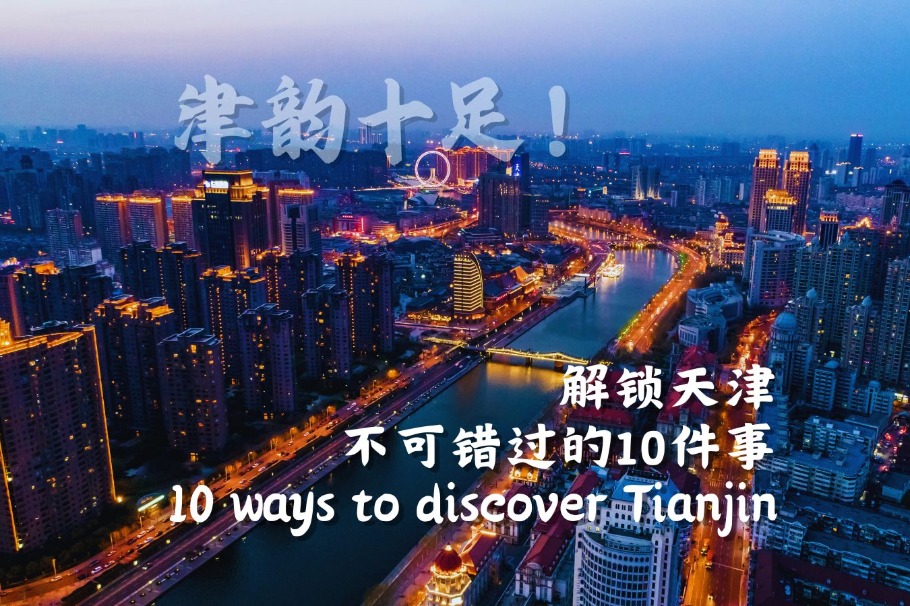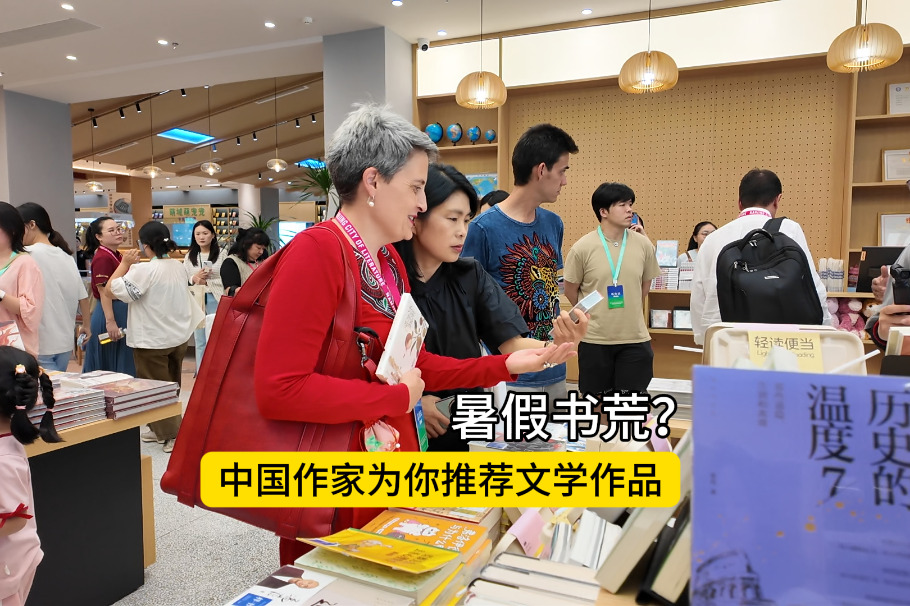Film market sees revenue plunge
Box-office takings fall more than 50 percent over the year, Xu Fan reports.


Taking the third spot is Japanese master Hayao Miyazaki's award-winning anime feature Princess Mononoke, followed by director Yi Xiaoxing's comedy The Open Door in fourth place, with the two movies respectively bringing in 69 million yuan and 65 million yuan.
Originally released in Japan in 1997, Princess Mononoke is regarded as one of Miyazaki's greatest works, known for its profound allegory exploring the conflict between human civilization and the natural world. This marks the first time the classic — released in both Mandarin and Japanese versions, with actress Zhao Liying voicing the titular role in the Mandarin edition — has been screened across Chinese mainland theaters.
Marvel's latest superhero film, Thunderbolts*, which gathers an unconventional team of antiheroes for a dangerous mission, ranked as the fifth highest-grossing holiday film, followed by the comedies I Grass, I Love and Ne Zha 2, which placed sixth and seventh respectively on the festival box-office charts. Trapped, a crime thriller which won two Tiantan Awards at the 15th Beijing International Film Festival, somewhat disappointingly came in eighth.
Although the May Day holiday performed unsatisfactorily in ticket revenues, it still had some highlights, such as new movies being used to boost tourism in some areas, says Rao Shuguang, president of the China Film Critics Association.
For instance, I Grass, I Love — released on May 1 — has inspired locals to create themed travel routes titled "follow the movie to travel". As a road comedy, the film follows a veteran driver and an aspiring rapper on a 5,000-kilometer journey from the Inner Mongolia autonomous region to Hunan province. In Hunan's Qingxi village, where a picturesque spring farming scene was filmed, tourists with the movie's tickets receive discounts and can participate in activities that re-create memorable moments from the film.
"Chinese film market is currently undergoing profound and irreversible structural changes. Audiences are evolving, while micro-short dramas, concerts and tourism are competing for viewership in an unprecedented way. Meanwhile, artificial intelligence is reshaping every aspect of film production and the industry landscape," Rao says.


